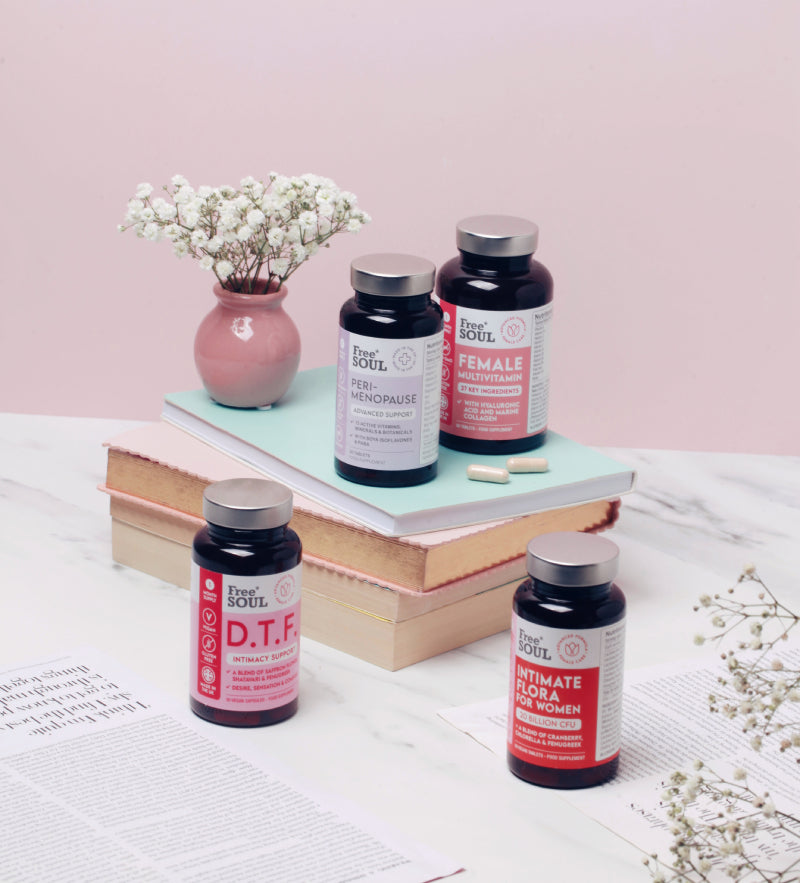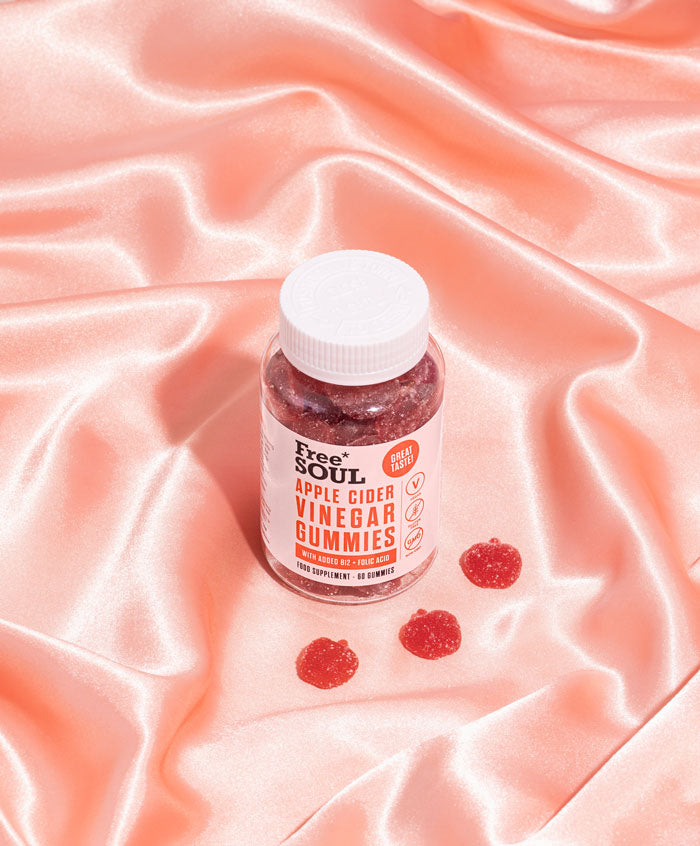PLANT BASED DIET TIPS

Veganuary may be over, but don’t be too quick to pull the cord on a plant-based lifestyle. In the Free Soul family, we have a mix of vegans, flexitarians, and vegetarians, and we thought it would be helpful to share our top tips for going for a more plant-based diet!
In recent times, the growing concern of what we feed our bodies and our food habits has given rise towards more plant-based nutrition. Veganism is a popular diet & lifestyle that is continually proving to be a major player in the health and fitness realm.
According to an annual food and drink report from Waitrose, one in eight Britons are now vegetarian or vegan. A plant-based diet has evolved into a popular lifestyle choice and there are an increasing number of people that dip in and out of it.
For some, having a plant-based diet could be deliberately reducing the amount of meat in their diet, and for others, it’s removing it from their diet entirely. Some are ‘flexitarian’, where a largely plant-based diet is supplemented occasionally with meat.
The Guardian states that “about 60% of vegans and 40% of vegetarians surveyed said they had adopted the lifestyle over the past five years, with 55% citing animal welfare concerns, 45% health reasons and 38% environmental issues. People in the 18-to-34 age group were more likely to switch to veganism, with much less enthusiasm among the over-55s.”
In light of these findings and the popularity of Veganuary, we turned to nutritionist Sarah Ann Macklin for some advice and tips on transitioning to a more plant-based diet and how to sustain it over the long-term.
A plant-based diet has copious advantages; and for those that are increasing the volume of plants in their diet, a greater variety of vegetables on your plate can bring a plethora of health benefits. We’ve summarised some of Sarah’s top tips into three key areas to maintain and maximise the benefits:
1. Variety is key. In Sarah Ann’s experience with her clients, she noticed that those who follow a strict plant-based diet can often stick to what they like rather than vary what they consume – but variety is essential for gut health & gut microbes.
Sarah recommends variety in a plant-based diet as it resolves this possible issue. Your body is full of bacteria, viruses and fungi – no, not the bad kind – which is collectively known as the microbiome. The gut microbiome is important as it controls the digestion of food, your central nervous system, your immune system and other bodily processes.
An imbalance in healthy and unhealthy gut microbes may lead to weight gain, high blood sugar and high cholesterol. So variety is absolutely crucial!
2. Vitamin B12 is essential. When following a plant-based diet, it can be trickier to take in high levels of certain vitamins. For example, vitamin B12, which is vital for our nervous system. The B12 vitamin is predominantly found in animal products, including fish, meat, poultry, eggs and milk. (And a cheeky tip: you can find vitamin B12 in the Free Soul Vegan Blends).
If you’re following a plant-based diet, and you’re finding it hard to get your B12’s in, try supplementing. The risk of not having B12 from our diet over an extended period of time is that it may cause our myelin sheath to decay or degrade over time.
Why does it matter? Myelin sheaths are sleeves of fatty tissue that protect our nerve cells that are part of our central nervous system. Our central nervous system carries messages back and forth between our brain and our body. Our myelin sheath doesn’t have the ability to regenerate, unlike our liver. Once the damage is done, the damage is done.
3. Be aware of protein sources. Those following a plant-based diet or looking to transition need to be clued up on protein and learn about the combinations of different plant-based protein sources to ensure an adequate range of amino acids in their diet.
Sarah Ann explains that “there are 20 amino acids that our bodies need to build and repair tissues, but nine of these we cannot synthesise in our bodies. Known as essential amino acids, we get these from protein in our diet.”
“For example, an egg contains all nine essential amino acids. Lacking in these will cause muscle wastage, so vegans should include quinoa and hemp seed in their diet, as these contain the nine essential amino acids.”
These are our 3 top tips for transitioning to a more plant-based diet, stay tuned for more information on this, and please let us know if you want us to cover anything in particular in the next blog!
**At Free Soul, your wellbeing is our priority, and although we pride ourselves on our expertise in women's health and wellbeing, it is important to acknowledge the individuality of each person. Features published by Free Soul are not intended to treat, diagnose, cure or prevent any disease, or replace the advice of your GP. We always recommend consulting with a healthcare provider if you encounter any health concerns, and we’ll always be here to support you so you’re never alone on your journey.













